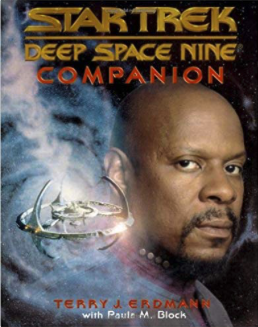I need to say this first. If you’re near Birmingham next Monday evening, February 18, 2019, then do come to Bad Choices at the Birmingham Rep. It’s an evening of new plays and poetry by Cucumber Writers and as well as having written one of the pieces, I’m also directing. It’s my first evening directing stage so a friendly face would be really good.
It’s 20:00 on Monday 18 February, 2019, at The Door in the Birmingham Rep. There’s no need to book and there’s no ticket price, just a big bucket on your way out. Details here on the Rep’s Open Door page.
Now, it’s funny that this evening should feature poetry because I would’ve told you that this is the one form of writing I can’t do. Not true: I also cannot do sports reporting, though that’s for want of trying.
I haven’t written the poems in this evening and as I speak to you I’ve little clue how to direct them, but I’ll figure it out.
And I’m particularly looking forward to that because this show comes after the Verve Poetry Festival and that’s where I was yesterday. Verve is an especially fine poetry festival held in Birmingham and it turns out to be rather joyously welcoming world. As much as I like reading poetry, I don’t write it and there is this entire eco-system of poems and poets that I know nothing about.
Quick story? I was talking with this fella the other month and he was asking which side I was on in a truly huge fight that was going in poetry. He didn’t use those words, I can’t remember what phrase he did use but he’s a poet, it would’ve been good. If he had called it a truly huge fight, though, I would’ve looked as blank as I actually did and said: a truly huge fight – in the poetry world?
It was big. Sorry, I’ve forgotten what it was now. This is a rubbish story. But there are these worlds and there are these universes and they’re moving around us, just waiting to be spotted and joined.
We all have feet in many different worlds and amongst mine there’s always been a technology one. I remain deaf and blind to recitations of technical specifications, but wide open to how technology can help me in my writing and all of my work.
Two things surprised me about peeking into poetry through the Verve Festival and one was this. I’m not alone with the technology side of it all. The faces of poets glow these days because so many of them are using iPads or iPhones. There is something oddly extra intimate about seeing someone read a piece off their phone: it’s like they’re sharing something even more personal than off some paper.
And the other thing that surprised me is that poet Helen Calcutt ran a workshop during which she ended up getting me to write a poem that deeply upsets me. She hasn’t seen it, you’re not going to see it, I make no claim to great poetic talent, but it’s a day later and just thinking about it is enough to punch me.
When you use words all the time, you can forget that they’re powerful.
Verve is on until February 17. Cucumber’s Bad Choices night is February 18.
